Don't Let Your Friends Get Suckered by This iPhone 12 Scam
No, you’re not getting an iPhone 12, not now, and certainly not for free. As of this writing, there is no iPhone 12—it only exists in the realm of rum

I tuned in to Google I/O this year with privacy on the brain. Chalk it up to the recent drama of Facebook-exec-turned-Apple-employee-turned-unemployed-employee Antonio Garcia Martinez, who famously said in 2018:
“Here’s the reality: Most people don’t care about privacy. Media elites care about it, underemployed Eurocrats care about it. And the entire privacy-industrial complex — there’s an entire set of very loud voices who are constantly beating the drum and building media careers around this.”
He’s right, but I wouldn’t take quite such an accusatory tone. True, most people haven’t really thought a ton about privacy, but only because it’s not something that they’ve been made to think about. They would reuse passwords everywhere because they didn’t know about a better way to make and store them; they wouldn’t sign up to receive notifications about compromised accounts because they had no idea they could; they didn’t really care who was doing what with their data as long as they were able to browse the web, read email, and play games without interruption. But that’s changing.
I’m glad more of the mega-platforms are starting to put privacy front and center, but there’s still so much more that could be done to hold the hands of those who simply use their devices without really thinking about data security or privacy. So, that’s the lens—not the Google Lens, that’s a different thing—through which I gazed at today’s I/O keynote. And I found a few interesting tidbits worth discussing (beyond the usual PR about how Google keeps your data on the device whenever possible, and doesn’t sell your data to companies, etc.)
It’s great Google is bringing the concept of locked folders directly into Google Photos. I wish they also added that they plan to “revert our decision to kill your free Google Photos storage” to their suite of announcements today, but they did not. Alas.
What this means is you’ll now be able to create a “private folder” of sorts where you can store any photos you don’t want other apps to be able to touch. These photos also won’t show up in your photo feed within the app—so no more accidentally scroll-stumbling across something you didn’t mean to show when, say, you’re showing your friends your best cat pictures.
This Tweet is currently unavailable. It might be loading or has been removed.
I will leave it to your imagination as to what kinds of photos should be reserved for this new, protected space.
Google is adding a new Import tool to its Chrome-based password manager, which you can use to dump a .CSV file’s worth of logins into the tool. We’re getting the point where you don’t really have any great reason to not use a password manager, and this should make it easier to get started with one (or switch over from using something else).
This Tweet is currently unavailable. It might be loading or has been removed.
In addition to that, Google’s password manager will now make it even easier to change your compromised passwords—with one caveat. If said password manager allows it (not all websites and services are supported), you’ll be able to jump directly to the password-reset page for wherever you happen to have a less-than-secure account. Google won’t change the password for you, unlike the ever-helpful Password Changer tool you’d find in the paid Dashlane app. Still, it’s just one more way to get people (you) to do something important (change your broken passwords), with minimal fuss.
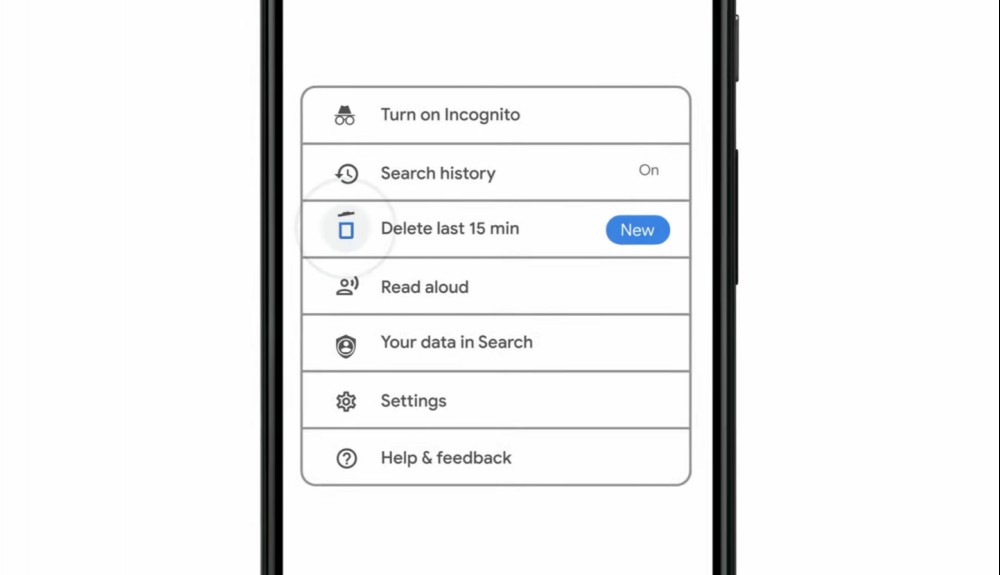
Within the Google Search app, you’ll soon be able to tap on your little profile icon in the upper-right corner and use a to-be-debuted option that will delete the last 15 minutes of whatever it is you’ve been doing online. If you have a extensive history you’d like to clear out, you’ll have to do it the old-fashioned way (or remember that Incognito mode exists).
I presume this is coming to both Android and iOS, but Google didn’t have specifics to share.
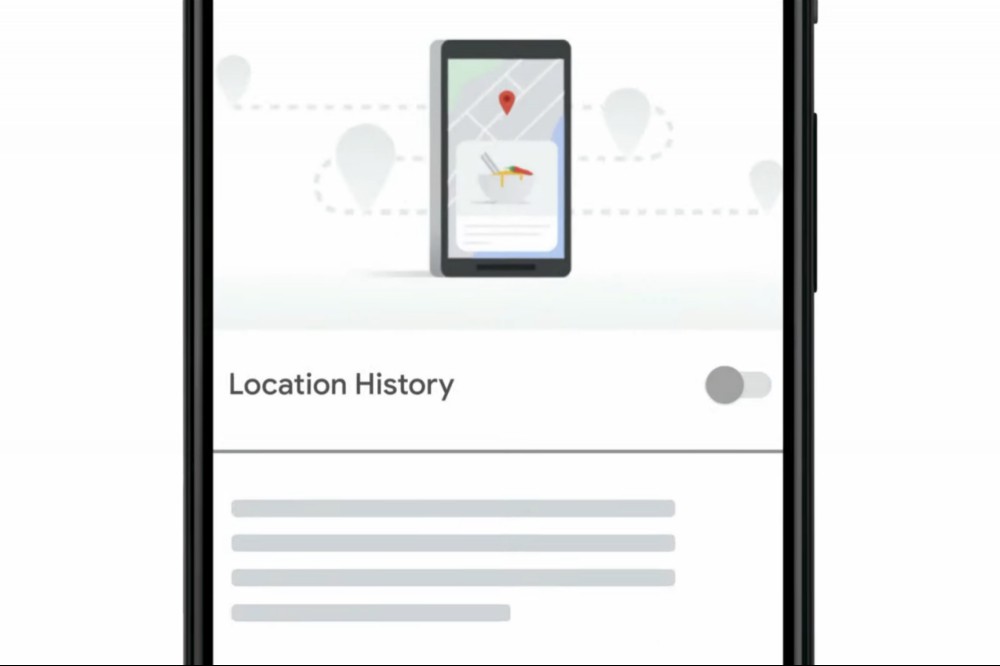
Another neat addition Google is adding to its apps is a more blatant reminder of when apps are using features that might put your privacy sensors on alert. For example, consider when Google Maps is using your Location History to do something, like offer suggestions of places to check out. You’ll now see a little icon right in Maps that you’ll be able to use to turn said Location History on and off. You won’t have to go digging through all sorts of settings menus to find it.
Google only shared this one example at I/O, but I’ll be curious to see what other privacy options get dropped into its other apps (and how much it’ll take to trigger them).
I love that Google has basically built a kill switch for your device’s camera and microphone directly into Android 12 (now in a beta preview). Basically, within Androids swipe-down Quick Settings, you’ll now see two new options:
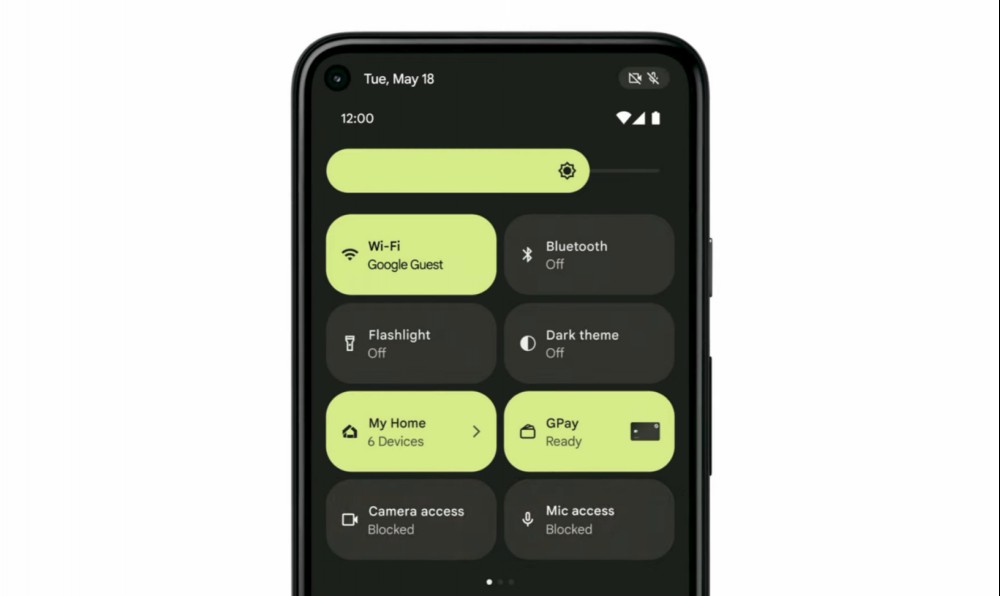
Tap either, and you’ll immediately prevent any and all apps from using either your camera or your mic regardless of what permissions you’ve previously granted them. Disable the setting, and your permissions will resume as normal.
Beyond that, Android 12 is also getting this lovely new privacy dashboard that will show you exactly when and which apps accessed various data (including Google’s built-in apps).
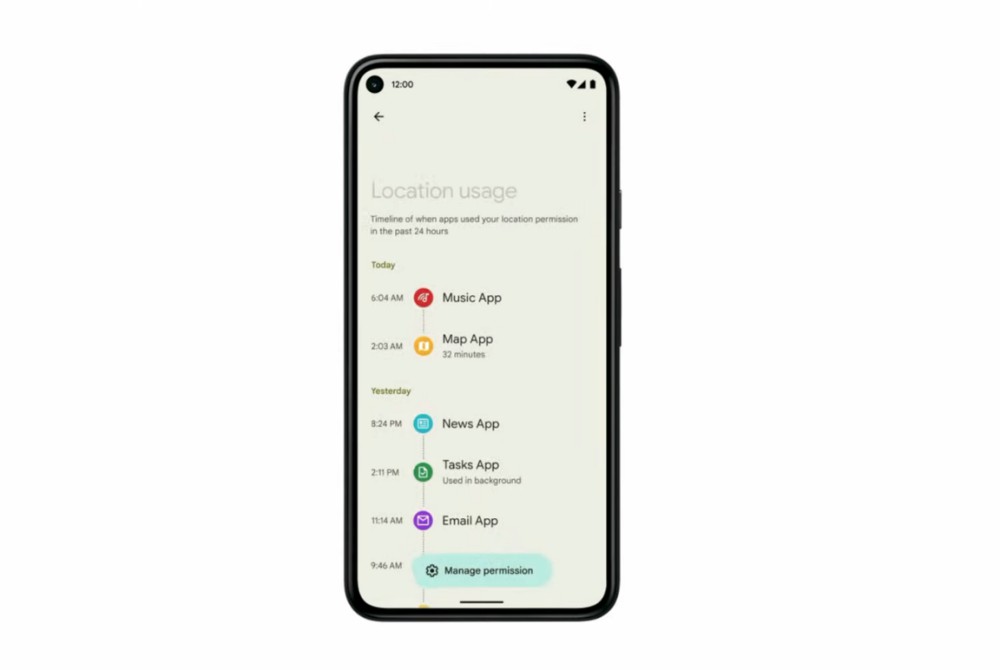
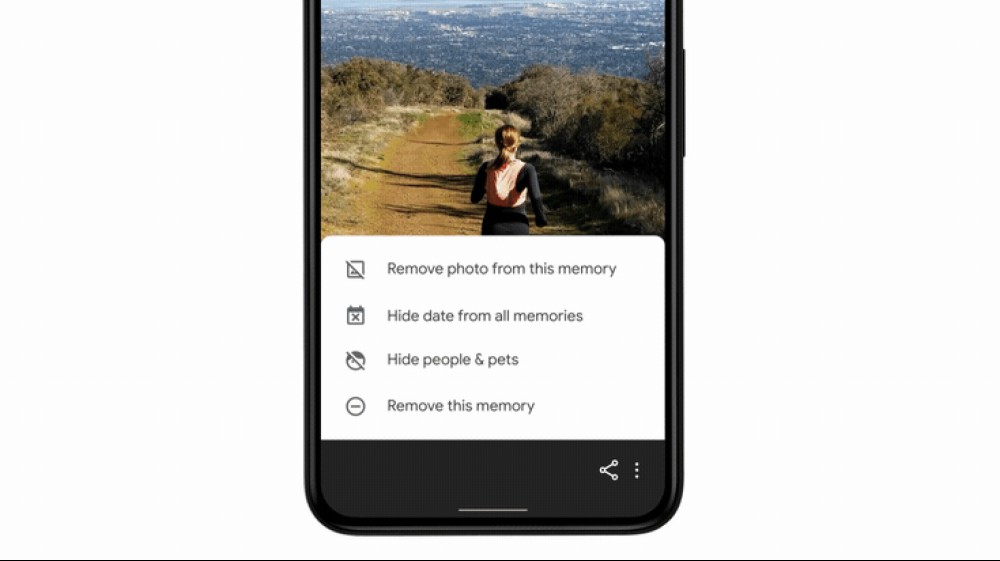
Ah, memories. Who doesn’t love seeing an ex pop up in one of those “remember this day?” prompts that you get around the social web? Within Google Photos, at least, you’ll soon be able to either wipe entire memories out of existence (if you especially hated them), change said memory’s name, or remove individual photos within a memory, in case you liked everything about that big trip you took except the person you went with.

No, you’re not getting an iPhone 12, not now, and certainly not for free. As of this writing, there is no iPhone 12—it only exists in the realm of rum

The sunsets are earlier, the nights are cold, and it’s time to hibernate with all of your favorite things. For me, that’s reality television, which ha

Samsung is the most popular Android smartphone manufacturer, but since its phones run a customized version of the Android OS known as One UI, it takes
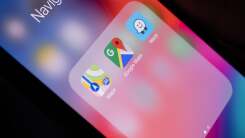
Google may own Waze, but we’re finally starting to see a few of the features popularized by that transit-tracking app make their way to rival Apple Ma

Apple recently unveiled its M1 iMac models for 2021. The new desktop computers come in a variety of joyful hues: blue, green, orange, pink, purple, ye

Even though you just installed iOS 14.5—you are using the new operating system, correct?—it’s time to take a trip back to the Settings app and grab a

If your Android phone has been slowing to a crawl multiple times a day, you may be thinking it’s time to upgrade. But before you run out and purchase
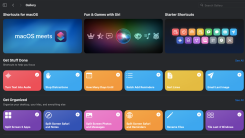
The Shortcuts app allows you to run automation routines across multiple Apple devices—and with macOS Monterey, it’s available on your Mac, too. It’s p
We are a comprehensive and trusted information platform dedicated to delivering high-quality content across a wide range of topics, including society, technology, business, health, culture, and entertainment.
From breaking news to in-depth reports, we adhere to the principles of accuracy and diverse perspectives, helping readers find clarity and reliability in today’s fast-paced information landscape.
Our goal is to be a dependable source of knowledge for every reader—making information not only accessible but truly trustworthy. Looking ahead, we will continue to enhance our content and services, connecting the world and delivering value.